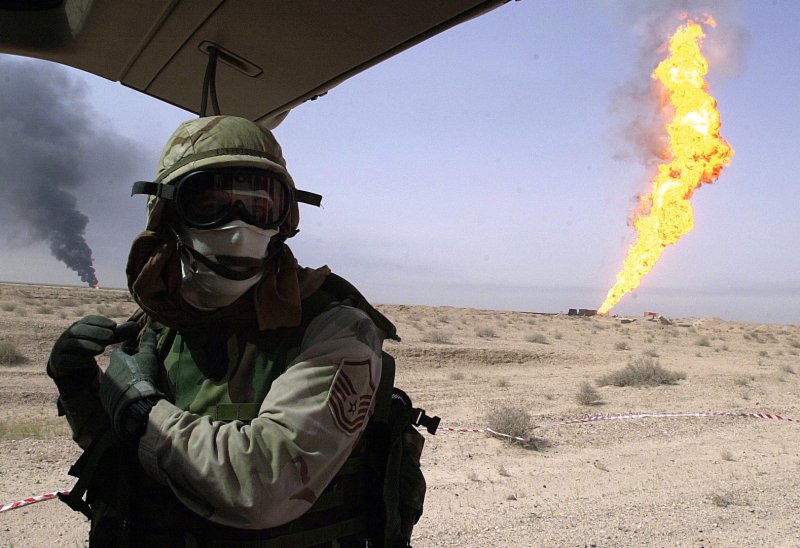ERBIL, Iraq, Jan. 5 (UPI) -- There are as many as 2.2 billion barrels of oil locked in the northern Kurdish region of Iraq, oil explorer Gulf Keystone announced.
Gulf Keystone, a London-listed oil company, announced that it completed the drilling and testing of the Shaikan-3 appraisal well in Iraqi Kurdistan. Preliminary tests of the well show in place reserves are as high as 2.2 billion barrels of oil.















